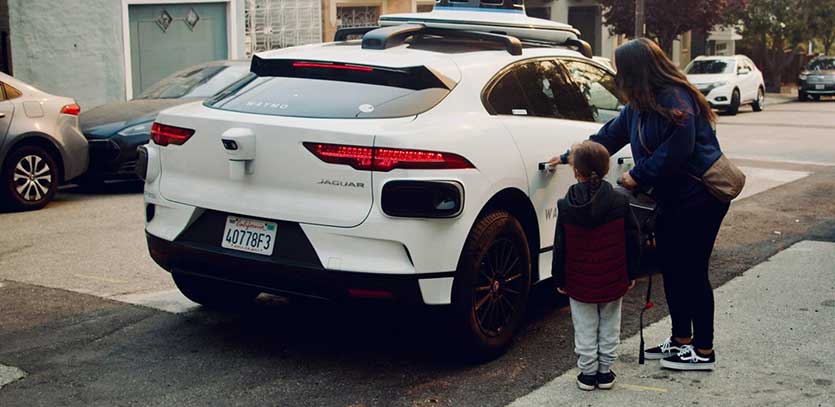Parents Put Trust in Waymo’s Self-Driving Cars for Safer School Runs
In a recent article, the San Francisco Standard highlighted parent’s use of Waymo’s self-driving cars to shuttle their kids to school. This isn’t just timesaving for busy parents in urban settings like San Francisco; it's a significant business move for Waymo, exploring safe, practical applications for their self-driving tech.
Waymo’s strategy echoes a concept from Clayton Christensen’s "Innovator's Dilemma," which suggests that companies must find non-threatening ways to introduce innovations. For Waymo, this means giving parents an alternative to human drivers who may not always instill confidence. The utility of a safe, driverless ride to school is clear.
Currently, Waymo’s official policy does not allow unsupervised minors. However, parents are quietly navigating these rules, and Waymo is contemplating a child-focused package. The idea includes human supervisors monitoring cameras inside the cars, combining utility with safety. This balance may make the service more appealing and practical for broader use.
Interestingly, the trust people place in robot taxis over human drivers highlights a shift in perception. Parents feel more secure knowing a self-driving car won't harm their child, unlike the unpredictable behavior of human drivers. A self-driving car's predictability can offer a new level of comfort for parents.
From a commercial perspective, Waymo’s move into children’s transportation is brilliant. It's a way to integrate into everyday life, showing the public the advantages of self-driving technology in a controlled, short-distance scenario.
It’s worth noting that children might also find this appealing. Like the shift we saw with Uber, where children felt way better being more chauffeured rather than being driven by a family acquaintance, the autonomy of a driverless car might be attractive. If parents can trust the safety of these self-driving cars, they may prefer this over a traditional driver.
However, there's a dystopian undertone. As life becomes more automated, human interactions lessen. Parents are already missing out on valuable time with their kids by outsourcing school commutes. The reliance on self-driving cars could further isolate people in their bubbles, reducing face-to-face interactions even more.
As Waymo explores expanding this service, these trade-offs become part of the conversation. The future may see more parents opting for robots over humans to avoid safety concerns related to ride-sharing. They may trust machines over people, but it’s crucial to consider the broader social implications of these choices.
Ultimately, the evolution of Waymo’s self-driving tech in children's transportation will be a fascinating one to watch. It encapsulates both the promise and the potential pitfalls of integrating more AI-driven solutions into our daily lives.
Kristian Hammond
Bill and Cathy Osborn Professor of Computer Science
Director of the Center for Advancing Safety of Machine Intelligence (CASMI)
Director of the Master of Science in Artificial Intelligence (MSAI) Program

